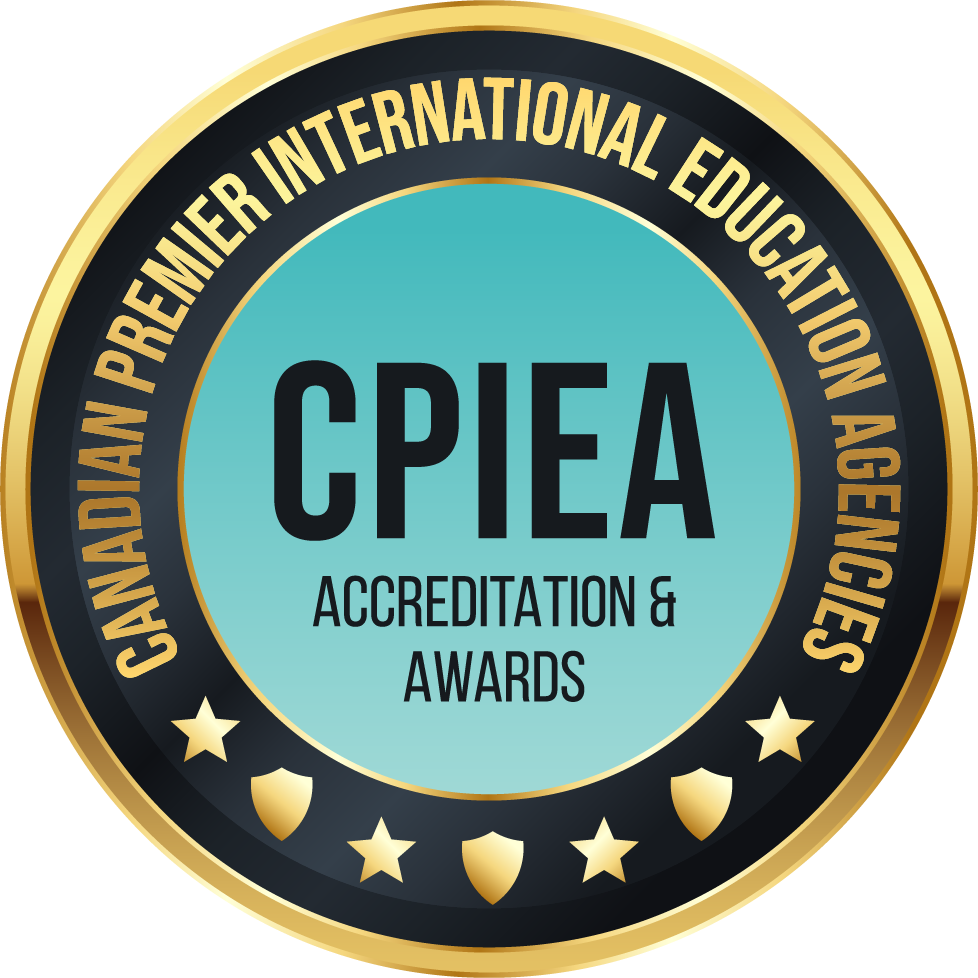
Safeguard Your Institution and Students: Partner with CPIEA-Accredited Agencies
The aspiration to study abroad is a beacon of hope for countless students worldwide. Yet, this aspiration is vulnerable to the schemes of deceptive educational agents. This article explores effective strategies for educational institutions and immigration authorities to combat these fraudulent practices, ensuring that the dream of international education remains untainted.
Introduction:
The allure of international study is a powerful motivator for students seeking opportunities beyond their home countries. Tragically, this dream is susceptible to the machinations of fraudulent educational agents who exploit students’ ambitions. These agents can mislead students into enrolling in illegitimate institutions or make false promises regarding admissions and visa prospects. It is crucial for students, schools, and immigration authorities to recognize and prevent these deceptions to maintain the integrity of international education.
Recognizing Fraudulent Practices:
Students often turn to agents for guidance on the complex journey to studying abroad. However, some agents take advantage of this trust, offering false guarantees of admissions or visa approvals, which only the respective institutions and embassies can legitimately provide. A telltale sign of a fraudulent agent is the promise of guaranteed outcomes, which should always be met with skepticism.
Identifying Authentic Agents:
A fundamental step in differentiating authentic agents from fraudulent ones is confirming the accreditation of the recommended schools and programs. Prospective students should cross-reference the accreditation information on a school’s website with that on the official accreditation body’s website for the country in question. This due diligence is essential in validating the legitimacy of the agent’s claims.
Canada’s Proactive Measure: Provincial Attestation Letters (PAL):
In an effort to combat fraudulent educational representation, Canada has introduced the requirement of Provincial Attestation Letters (PAL) for international student applications. Effective from January 22, 2024, the PAL serves as a verification tool, ensuring that students are enrolled within the designated allocation limits for each province or territory. This measure is designed to reinforce the credibility of Canadian educational institutions and thwart the operations of deceptive agencies.
Case Studies of Agent Misconduct:
1. In 2023, the Indian Police apprehended Rahul Bhargava of Education and Migration Services, implicating him in a fraudulent scheme that forged visa documents for students. This malpractice has threatened the futures of numerous students, now facing potential expulsion from Canada. The Police Commissionerate in Jalandhar is actively pursuing Bhargava’s associates, Brijesh Mishra, and Gurnam Singh, who are evading multiple serious legal charges.
The extent of the fraud came to light when parents lodged FIRs upon discovering the deceit. One victim, Baldev Raj from Jalandhar, was defrauded of $14,000 by Mishra, who had falsified an acceptance letter from Sheridan College for Raj’s daughter. After her arrival in Canada, she was instructed by Mishra to delay her college registration, which resulted in her never being enrolled, and the tuition fee was lost with no contact from Mishra.
The family incurred further financial strain as they paid additional fees for alternate education arrangements. Meanwhile, Raj’s daughter faces a removal order from Canadian authorities due to misrepresentations on her visa application—a direct result of the fraudulent acceptance letter. This case has cast a spotlight on the critical need for more rigorous vetting and regulation of educational agents to protect students and their families from such predatory and damaging practices.
2. In the summer of 2017, The Columbus School, an educational agency from Mexico, arranged for a cohort of students to participate in language programs at CLLC, which operates campuses across Ontario and Nova Scotia in Canada. The agency collected fees for tuition and accommodation from the students but failed to forward these payments to CLLC. Despite this, CLLC allowed the students to complete their courses, honoring the students’ payments to the agency and trusting that The Columbus School would fulfill its financial commitments.
When The Columbus School defaulted on the debt, even after being offered a non-interest payment plan, CLLC took a stand. Unlike some educational institutions that might forego legal action against foreign agencies due to unfavorable cost-benefit analyses, CLLC chose to pursue the matter in court. This decision was not solely about recouping lost funds; it was a principled stance aimed at safeguarding the education industry at large.
CLLC’s commitment to this legal pursuit reflects a broader intention to hold agencies accountable and to set a precedent that financial misconduct by educational agencies is unacceptable. By investing in legal action, CLLC demonstrates a commitment to integrity within the industry, advocating for the rights of educational institutions and the trust of international students. The prolonged legal engagement since 2017 also emphasizes the necessity for educational institutions to establish comprehensive financial and contractual measures when dealing with agencies to prevent such disputes.
Protecting Dreams, Upholding Standards
Fraudulent agecnies not only jeopardize the reputation of educational institutions but also undermine the aspirations of prospective students. To uphold industry integrity, agencies and schools must remain vigilant for these red flags to detect fake agencies:
- Misleading marketing communications
- False promises of guaranteed admissions or visas promotions
- Delayed or missed payments
- Suspect credentials or certifications
- Exaggerated marketing claims
- Unlicensed or unregistered businesses
- Negative reputation, online reviews and feedback
Accreditation for Worldwide Agents: The CPIEA Gold Standard
In conclusion, CPIEA Accreditation is a valuable asset for schools and agencies seeking to protect themselves from fraudulent agents and maintain high standards in their international recruitment efforts. By partnering with CPIEA-Accredited Agencies, schools can enhance their reputation, build trust with students and institutions, and safeguard against potential risks associated with unethical practices. Investing in CPIEA Accreditation demonstrates a commitment to excellence and ethical conduct, ultimately benefiting both the school and the students they serve.


